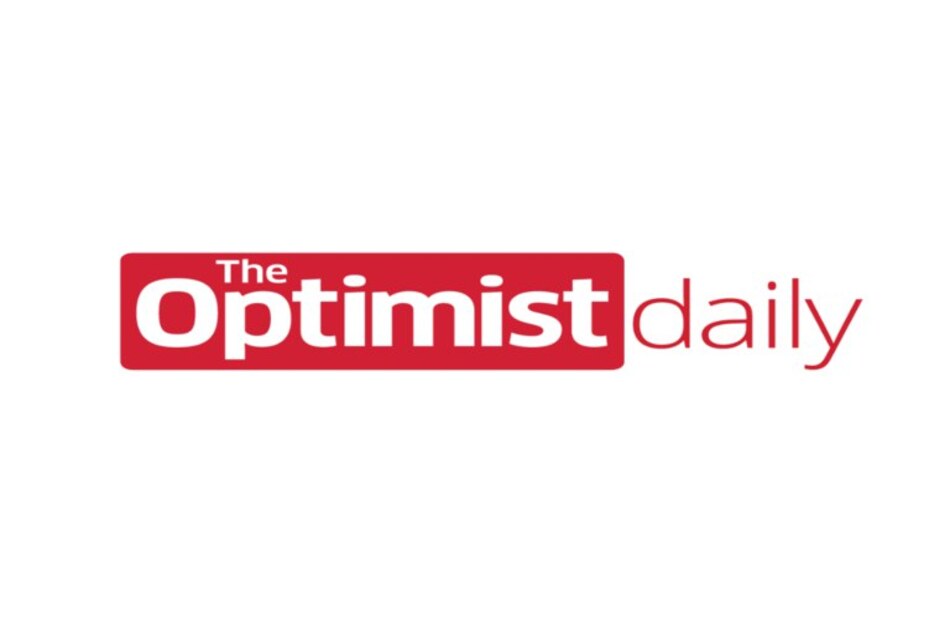Systemic inequalities put Black Americans at higher risk for many diseases than white Americans, but even within medical institutions equipped to treat these diseases, Black patients are often denied the highest caliber of care. New startup Spora aims to improve medical equity by providing a telehealth platform and resource tool designed specifically to help patients of color.
Serena Williams’ story of doctors dismissing her prenatal complications, which turned out to be potentially fatal blood clots in her lungs, is just one famous case of the inadequate care many Black Americans receive at medical facilities every day. Spora’s tool addresses this problem with a platform equipped with culturally competent doctors, nurses, and physicians’ assistants. It’s also designed to reach populations that have traditionally struggled to find adequate healthcare.
In addition to a collection of competent doctors, the platform also features an internal program that trains doctors on how to better treat patients of color. This means training on a medical approach that is collaborative with patients and takes into account cultural factors, medical history, racial disparities, and past trauma.
Whether conscious or unconscious, racial biases are built into every US institution, including the medical field. From dermatology studies focusing almost exclusively on white skin, to a lack of data on how environmental racism affects health outcomes, the medical system inherently puts patients of color at a disadvantage, but Spora takes these factors into account.
For example, Spora user and physician assistant Alysha Henry-Johnson notes that her husband is from Jamaica, where the traditional diet encompasses high amounts of rice and peas. Telling a Jamaican patient at risk for diabetes to simply cut out rice likely won’t result in significant changes, but offering up the substitution of cauliflower rice or decreasing portion sizes are feasible and culturally attentive adjustments.
So far, Spora’s services are available in Virginia, Pennsylvania, Tennessee, and Florida. The program costs hospitals just $10 per month or $120 per year.










